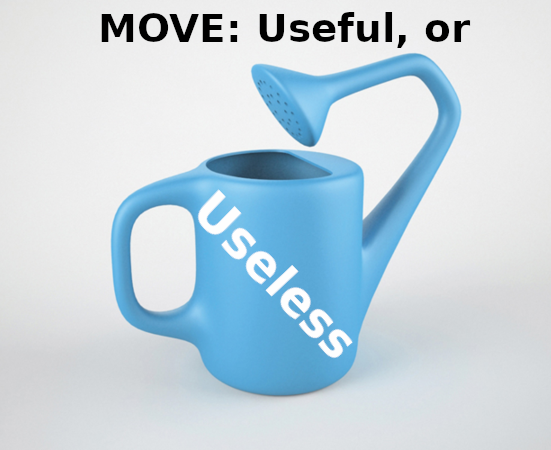According to my count, Adam Smith’s Wealth of Nations spans 360,586 words, or about 1,088 pages in a 12-point font. I read the entire work, comprehended about 324,527 (90%) of those words, and came to an important conclusion: the conservatives who praise Smith as a champion of unfettered economic freedom are as mistaken as the socialists who denounce him as a proponent of free-market slavery. Smith was very much opposed to the corporate monopolies that sparked the American Revolution, was appalled at the slave trade, and even worked for a spell as British customs clerk at a time when British mercantile tariffs were as labyrinthine as “free trade agreements” are today.
Specifically, in Book V, Chapter I, Smith encourages governments to provide for defense against external enemies, provide for law enforcement and courts, and provide for public works such as highways and schools. Wealth of Nations was first published in 1776, and it is difficult to say if Smith would agree with funding today’s expansive Interstate Highway System or comprehensive K–12 schooling. One thing is undeniable, though: Smith would not have approved of subsidizing office buildings.
Subsidizing office buildings is exactly the intent of Council Member Evan Glass’s Make Office Vacancy Extinct (MOVE) proposal.
“Montgomery County’s office vacancy rate is extremely concerning to me and it should be concerning to everyone,” said Councilmember Glass. “When we have thriving office buildings, it means more people visiting restaurants and stores, more creative innovation and productivity, and more overall economic activity. If we want a community where people can truly live, work and play, then we need to support physical places for people to work. Telecommuting is great for some people, but having office space is still a necessity for many professions and industries.”
From a qualitative perspective, this is nonsense. First, if office space is a necessity, builders will build it and occupants will lease it—if the county bureaucracy issues the permits and goes light on the extraneous fees. If there is too much office space, then there is no need to subsidize it, and at some point the structures must be repurposed (such as for charter schools) or painfully razed. Giving building owners free money to keep their properties fed and watered for no productive reason penalizes the taxpayers and benefits the owners to the point of expropriation. Second, “we” don’t have to pay for office infrastructure in order for people to live here. People are moving away from MoCo and the DC region because the cost of living is too high, not because of commercial vacancy rates.
From a quantitative perspective the nonsense is even worse. I reviewed the county’s checkbook for fiscal year 2023, and found that about $1 million in grants were given to a variety of small businesses (and one $250,000 grant to a very, very large business with an extremely recognizable footprint in our area). Let’s assume that all of those grants were part of last year’s MOVE initiative. Also assuming that the recipients dedicated these grants to hiring local employees, and assuming each employ earns a gross $100,000 including benefits, then that $1 million helped retain ten workers.
Only ten workers.
Ten workers will not sprout a “community where people can truly live, work and play.” Overall, this entire MOVE initiative seems to be more noise than actual policy or impact. It is favoritism, but compared to the school district’s monstrous $7 billion budget, MOVE is nothing and, apparently, will accomplish nothing. We’ll see if the office vacancy rate changes much next year, and try to determine how much MOVE contributed to the change.
We therefore have to wonder why Mr. Glass is sponsoring this program’s expansion. In the meantime, if we really want people to live, work and play here, we need to offer something better than what destinations such as Florida, Texas, and North Carolina are offering. My list would follow along Adam Smith’s: provide for law enforcement, provide for a few highways, fund a K–8 education, secure property rights, and let everyone pursue their own aspirations without fines, restrictions, regulations, unions, or county government monopolies. We really could be the destination of choice to truly live, work, and play.




